I have the privilege of watching a lot of badminton players in training. The players are eager to train, completing good warm ups and knock ups, ready for the lesson of the day.
Throughout the training session, it’s easy to spot changes in psychology that occur with a player. A slight shift can send performance levels plummeting or reaching new highs. This has fascinated me for some time and it’s something I now spend a lot of time watching and listening out for in training sessions. My questioning of players is very different from the past and it has become much easier to change the outcome of a training session through early intervention.
Before continuing with this article to discuss the topic in more depth, I consider it’s worth a quick reminder of the sheer importance of good psychology in sport, business or life.
In sport, there are a number of components to performance…
Because of this, psychology is the underlying factor in sports performance, when there is little difference in the other elements of performance. Of course, if your opponents have better conditioning and skill then it’s most likely they will win. Superior psychology cannot make up the difference if these components are lacking in a player.
Most social players tend to play for the love of the sport with little focus on any component of performance. Generally badminton is played for fun and to obtain an element of fitness.
Some league players will strive to improve and perhaps add an element of conditioning into their game. Some people, for health reasons will improve their diet. But, generally, very few combine these two components and ensure they are completed to high levels over sustained periods, pushing to improve on all levels.
County, regional and international badminton competitors are far more aware of the need to combine the components of skill, performing each to a high level in order to improve their ability on court. These are the players where psychology begins to make the biggest differences.
Is Motivation The Key?
I hear the word motivation used so often. It’s almost become an umbrella word for all that psychology stuff. The other word often used is confidence. Let’s discuss that later…

Mohammed Ralsan of Syria, 28 with coach Hossein Habbosh at the 2014 Special Olympics held in Egypt.
Can you really motivate a player to improve performance? There are basically two types of motivation, positive and negative, otherwise seen as reward or forfeit, or pleasure and pain. We are considered to make all of our decisions based on the principle of whether we gain pleasure or avoid pain from what we do.
Overall, I believe that another person cannot motivate a player. Yes, a manger or coach can say something that has motivated a player but have they used the incentive of reward or a big stick to achieve this?
Sports people need to be self-motivated. They have their hopes, dreams, aspirations wrapped up into performance and reward orientated goals (outcomes). In athletics performance is measured as a personal best and rewards are titles. In badminton it could be argued that there is no personal best because of the nature of the sport. However, there are many areas where it may apply, such as…
- The highest number of good serves made in a match
- The number of times the shuttle was hit out of the court either at the side or beyond the back line
- The biggest smash hit on the day
- The ability to perform a new shot in a match
I could go on but I’m sure you understand where I am going here. To measure badminton performance, it’s important to establish the criteria very carefully, because a personal best has to be measured with precision.
Winning a match against a seeded player, or beating your nemesis, or winning a tournament are examples of outcome goals.
Whilst a third party can influence a player both positively or negatively, I still believe they cannot motivate a player to achieve higher performance. Yes, they could try the bully boy tactics such as “if you don’t do this then, this is going to happen to you” but essentially this is still down to the player whether they accept this type of challenge and decide to do something about it.
Where a coach or manager can add tremendous value to a player, is when they inspire the player. Words that resonate with “the dream” or driving force are inspiring and that’s why it’s important that the coach or manager understands what the dream is from the athlete. Whilst I’m sharing this now in just a paragraph, I’m sure you can appreciate that this is a very deep conversation with the manager/coach taking notes including specific phrases the player uses.
Why Is This Important?
Let me give you an example. When two people communicate, to obtain the best connection, they need to speak the same language. This means listening and using specific words. If an athlete says “if I can achieve X, then this will be awesome” and you as their coach return to them and say, “so if we can help you achieve X, then this will be fantastic,” can you hear and feel that they are two different words? Maybe the coach considers the two words are the same. However, what the coach believes does not matter. The athlete is the important person and to them the words can have completely different meanings. They won’t feel as though they’ve been listened to and heard if the words don’t match.
How Does This Relate To Me Playing Badminton In My Local Leisure Centre?
Irrespective of the standard you wish to attain, there is still a competitor within you. You want to win. You want to be able to perform your shots better. However, the difference between you and a professional player is that you have other priorities in life which therefore places badminton lower in the order of importance.
There are times that you will play and you perform above or below your average. Perhaps you can’t figure out why this is. Maybe, you are effected by the situations that arose in the day? Could this be a work/career issue? Maybe, the food you ate at lunchtime or your usual meal before a match changed or possibly didn’t support the energy levels required for your game? Perhaps you didn’t have time to eat and therefore you felt tired? Perhaps meetings or words said during the day were playing on your mind and your focus was elsewhere? Maybe, you were “off the pace of the game” resulting in snatched shots, mishits etc? Maybe you’ve spent more time in the gym training, perhaps overtraining and haven’t allowed sufficient rest/recovery time?
I’m sure you appreciate there are a multitude of reasons why your performance was affected. Finding the reason why takes a lot of soul searching, brutal honesty and clever questioning. And, I guarantee that on many occasions you’ll stop looking for the answer because it’s easier to do so.
What About Performance Players?
With performance players, there needs to be far more emphasis on developing the relationship between coach/manager and the player. It’s important to understand their motivations, how they respond in specific situations, whether they respond well to both positive and negative discussions and which methods need to be used to achieve the best outcome.
I’m sure you can appreciate, this is a vast subject and I am merely scratching the surface so far. Over the next few weeks I’ll be sharing more thoughts, tips and ideas with you irrespective of your standard that will help you understand what’s going on inside your mind and how to use this to improve your performance on court.
Read part 2



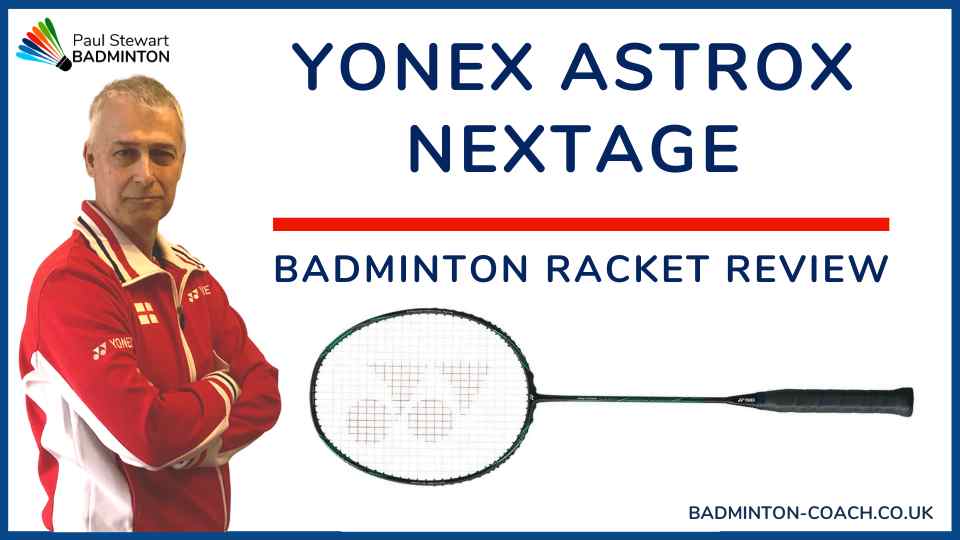
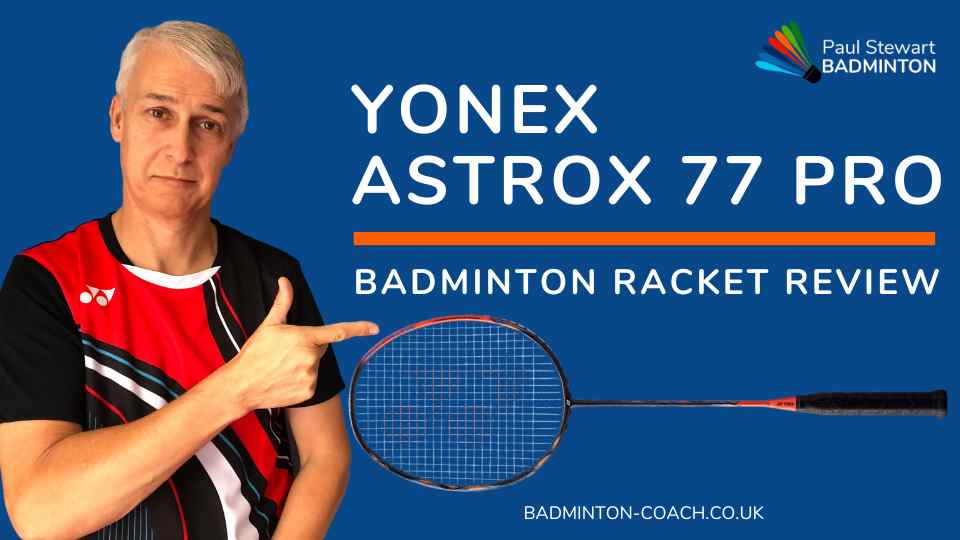
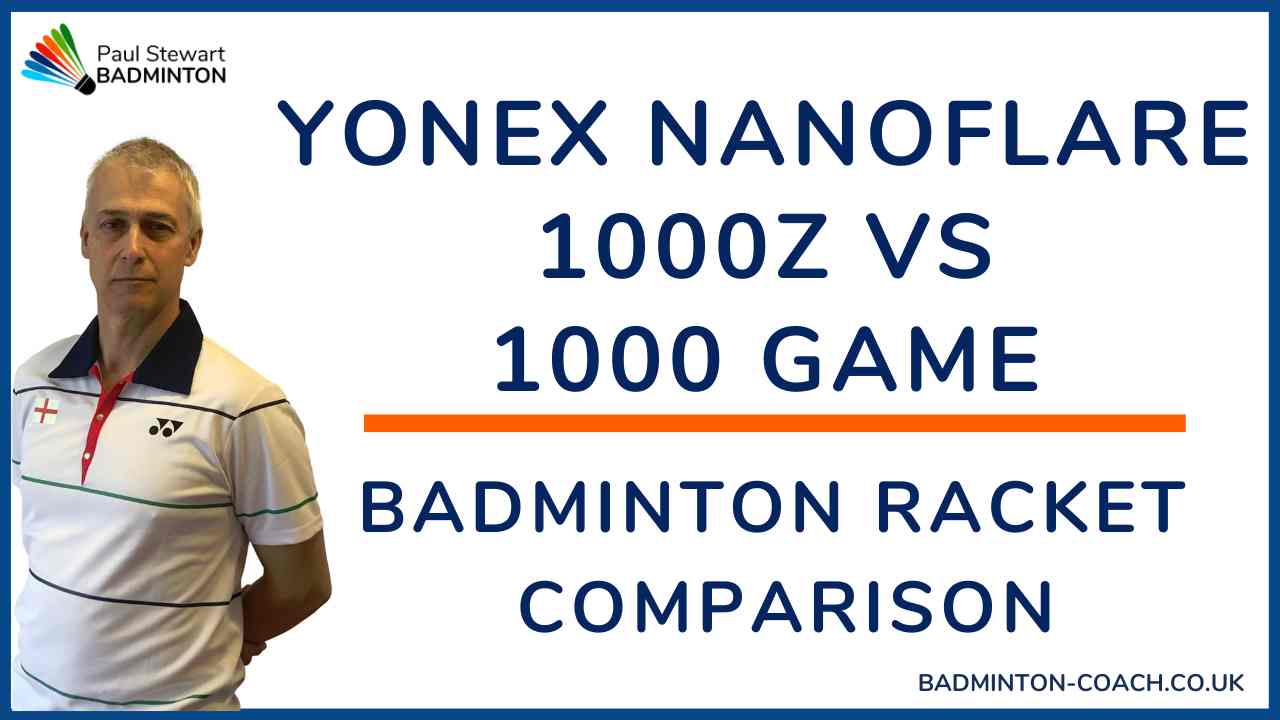
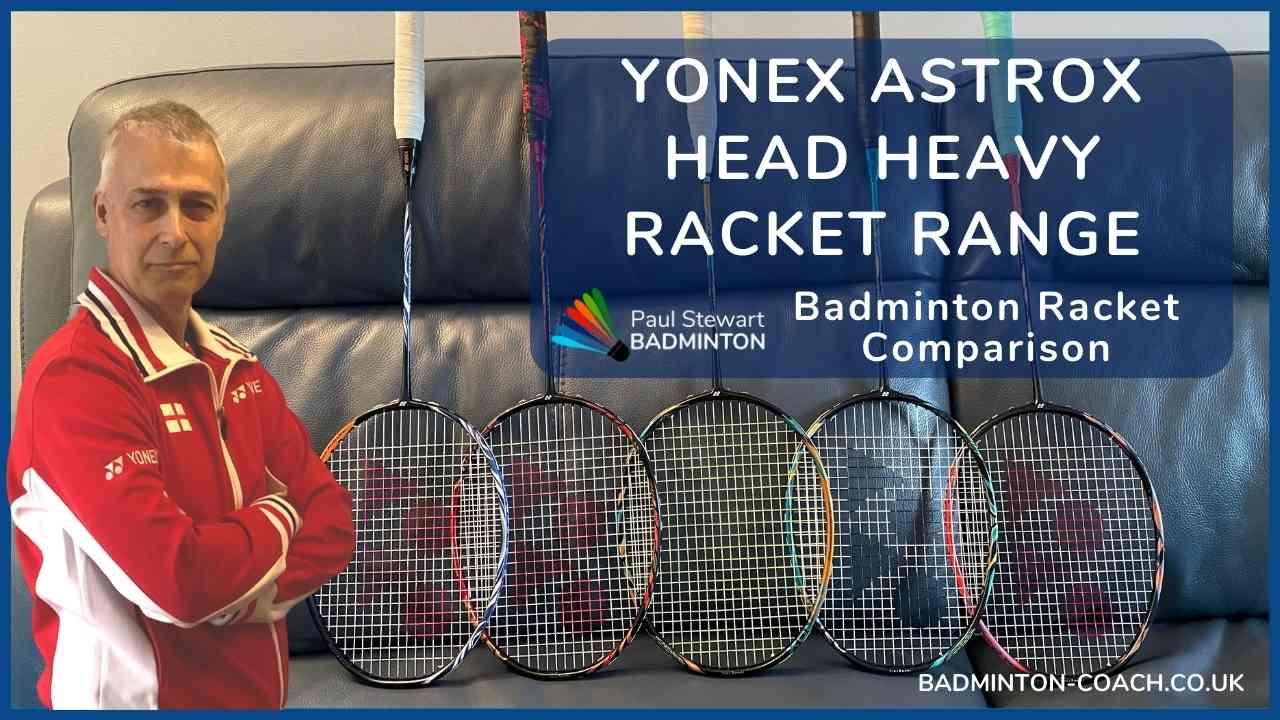

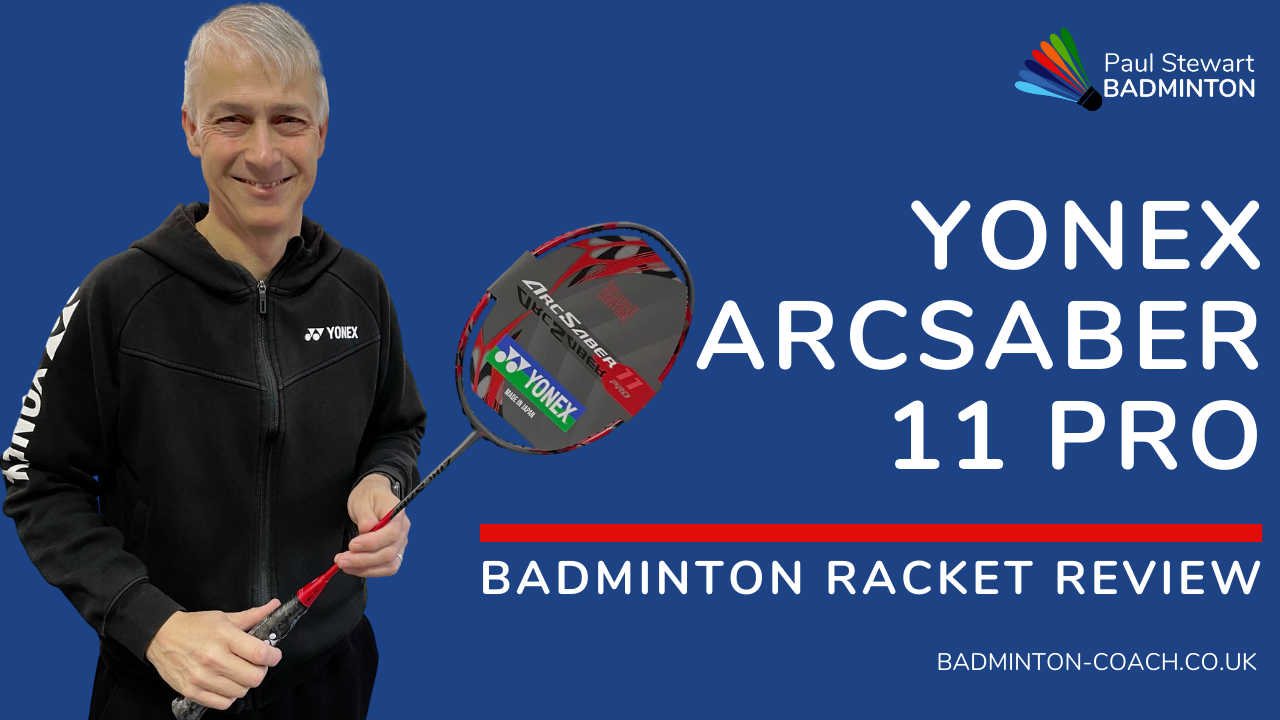
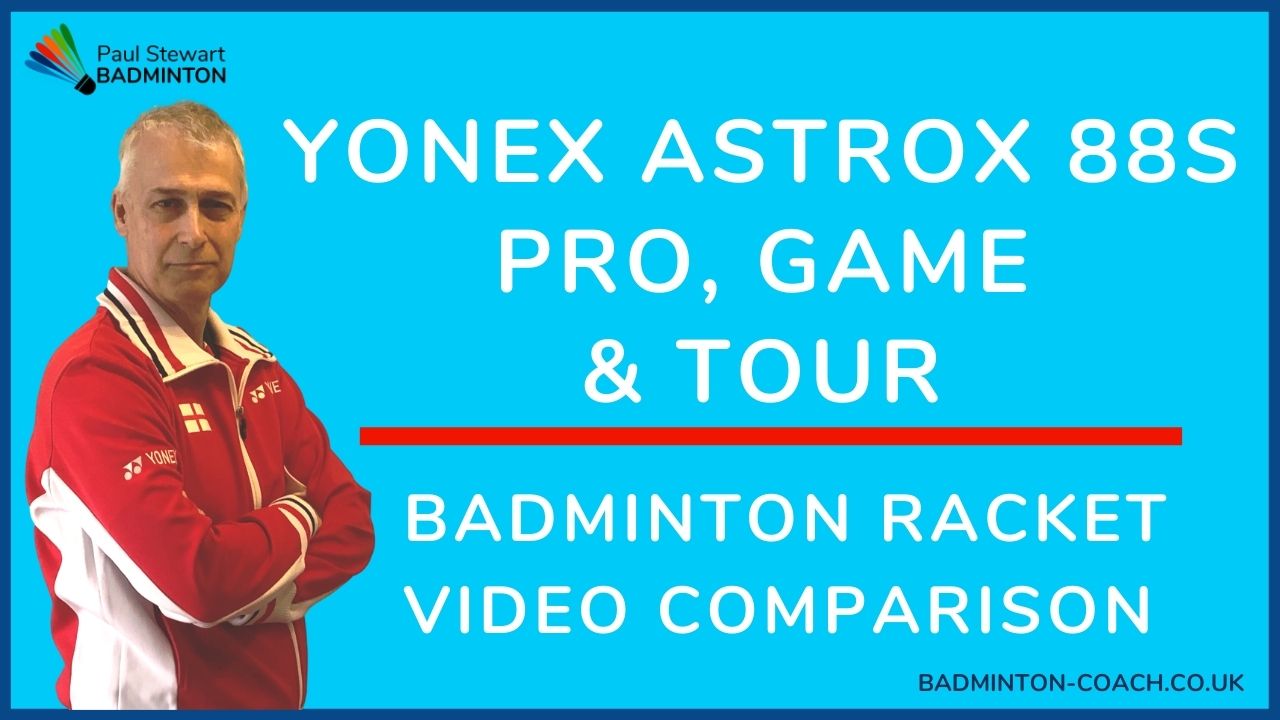

Leave A Comment
You must be logged in to post a comment.